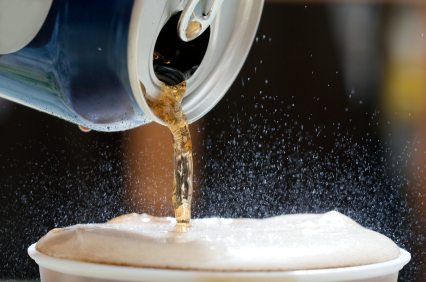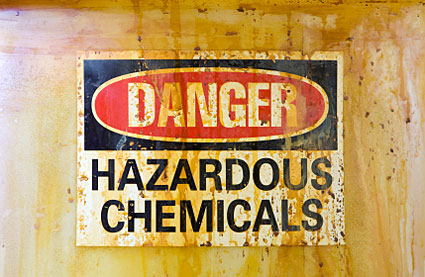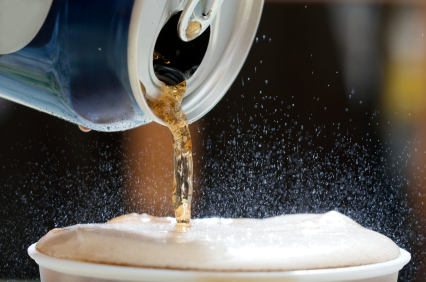 The Washington, D.C. city council yesterday agreed to fully fund a recently approved “Healthy Schools” initiative — providing more money for school food, as well as funding local produce in school meals and establishing grants to expand school gardens and increase physical education — but not with a controversial “soda tax” as had been proposed. Rather, the city will begin imposing a more traditional sales tax of 6 percent on all soft drinks sold in the District.
The Washington, D.C. city council yesterday agreed to fully fund a recently approved “Healthy Schools” initiative — providing more money for school food, as well as funding local produce in school meals and establishing grants to expand school gardens and increase physical education — but not with a controversial “soda tax” as had been proposed. Rather, the city will begin imposing a more traditional sales tax of 6 percent on all soft drinks sold in the District.
What, you might be asking, is the difference between these two approaches to taxing sodas?
The beverage industry mounted an all-out assault on the penny-per-ounce excise tax, with radio and newspaper ads plus automated telephone calls to city voters, because it would have raised the shelf price that consumers see when they purchase soft drinks. (The excise tax had a cap of 30 cents per container.) The sales tax of 6 percent, by contrast, appears only on the sales receipt after beverages have been purchased.
The industry has also managed to defeat soda taxes proposed in New York and Philadephia. Although the industry also opposed the sales tax, it brings the District in line with neighboring Maryland, which already taxes soft drinks at 6 percent, as well as many other states. Virginia levies a much lower 2.5 percent sales tax.
D.C. council members were more comfortable with the traditional sales tax approach because it is already familiar, in contrast to the more progressive excise tax, which was aimed not only at raising money to improve food served in the District’s public schools, but also was seen as a weapon to combat obesity by making sugary sodas more expensive to city residents, who are seen as consuming too many cheap and non-nutritious calories.
The excise tax would have applied only to sugar-sweetened beverages. Diet drinks, calorie-free drinks, juices (with at least 70% juice), milk, coffee, and tea would have been excluded. The 6 percent sales tax applies also to artificially sweetened beverages, including diet and zero-calorie drinks, sports drinks and energy drinks. It will not apply to beverages containing milk, coffee, juice or tea.
The 6 percent sales tax is projected to raise more revenue — $7.92 million annually — in the District of Columbia, compared with $6.3 million for the penny-per-ounce tax. Costs associated with the “Healthy Schools” initiative are expected to run about $6.5 million per year.
But the “soda tax” may not be dead. An aide to Councilmember Mary Cheh (D-Ward 3), who authored the “Healthy Schools” legislation, said last night Cheh will continue to press for the excise tax. Because the obesity epidemic is such a enormous health crisis in the District — 73% and 72% of residents in Ward 7 and 8 are overweight or obese! — it “is a good health policy.”




